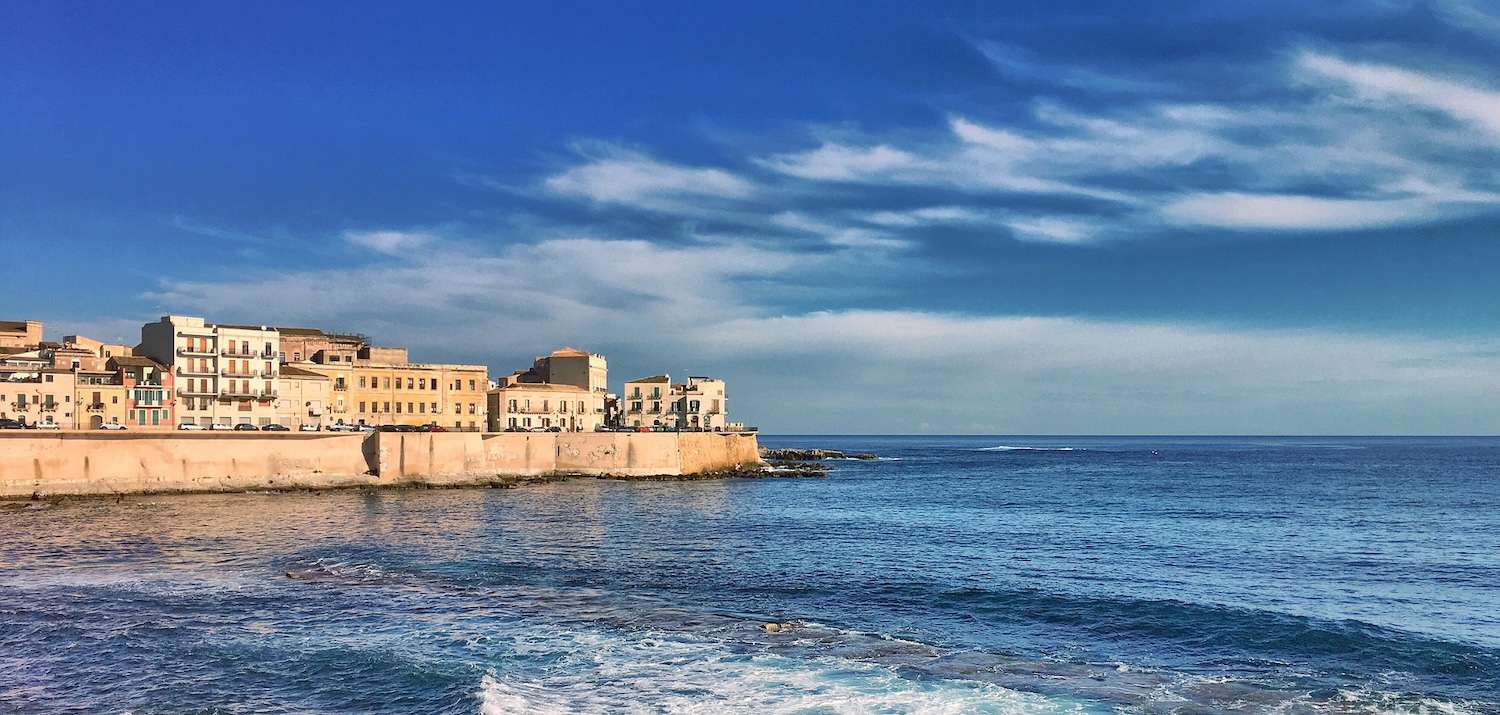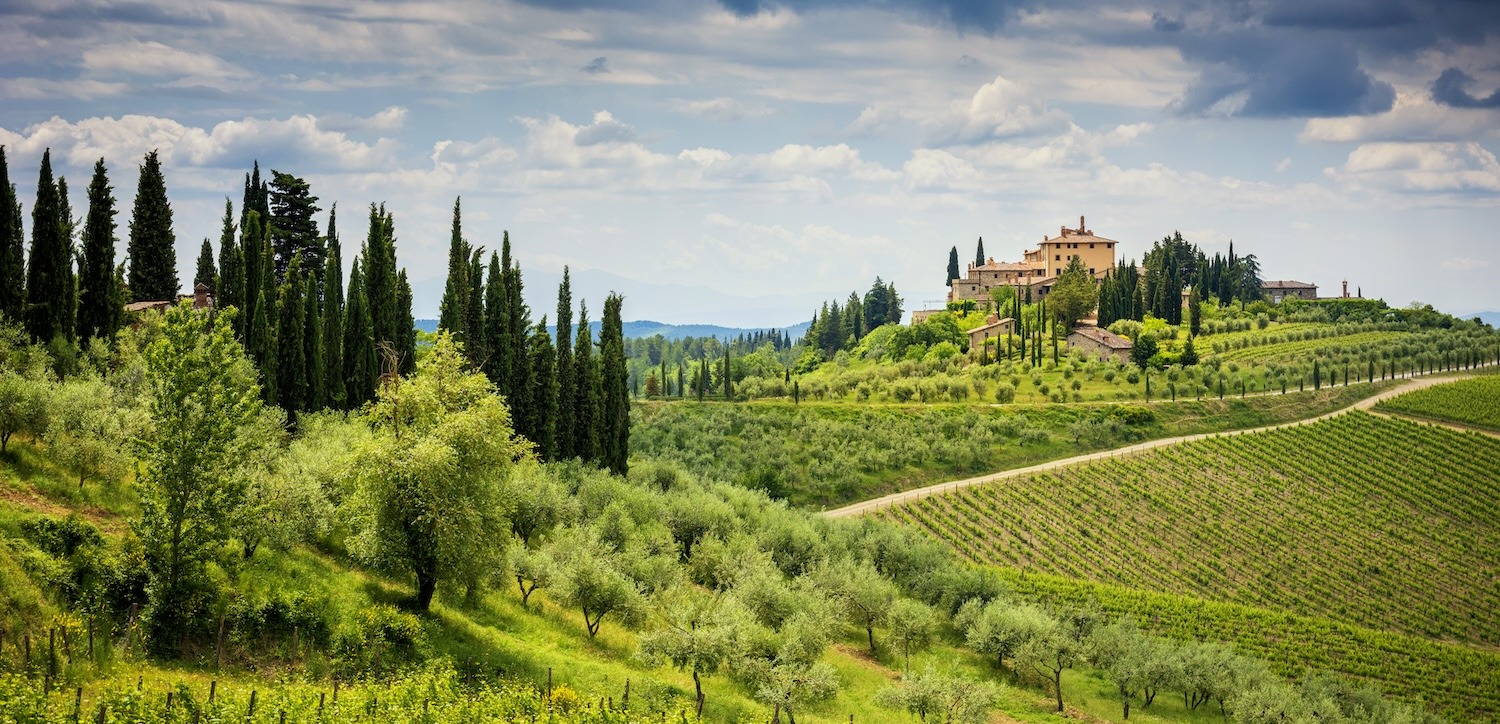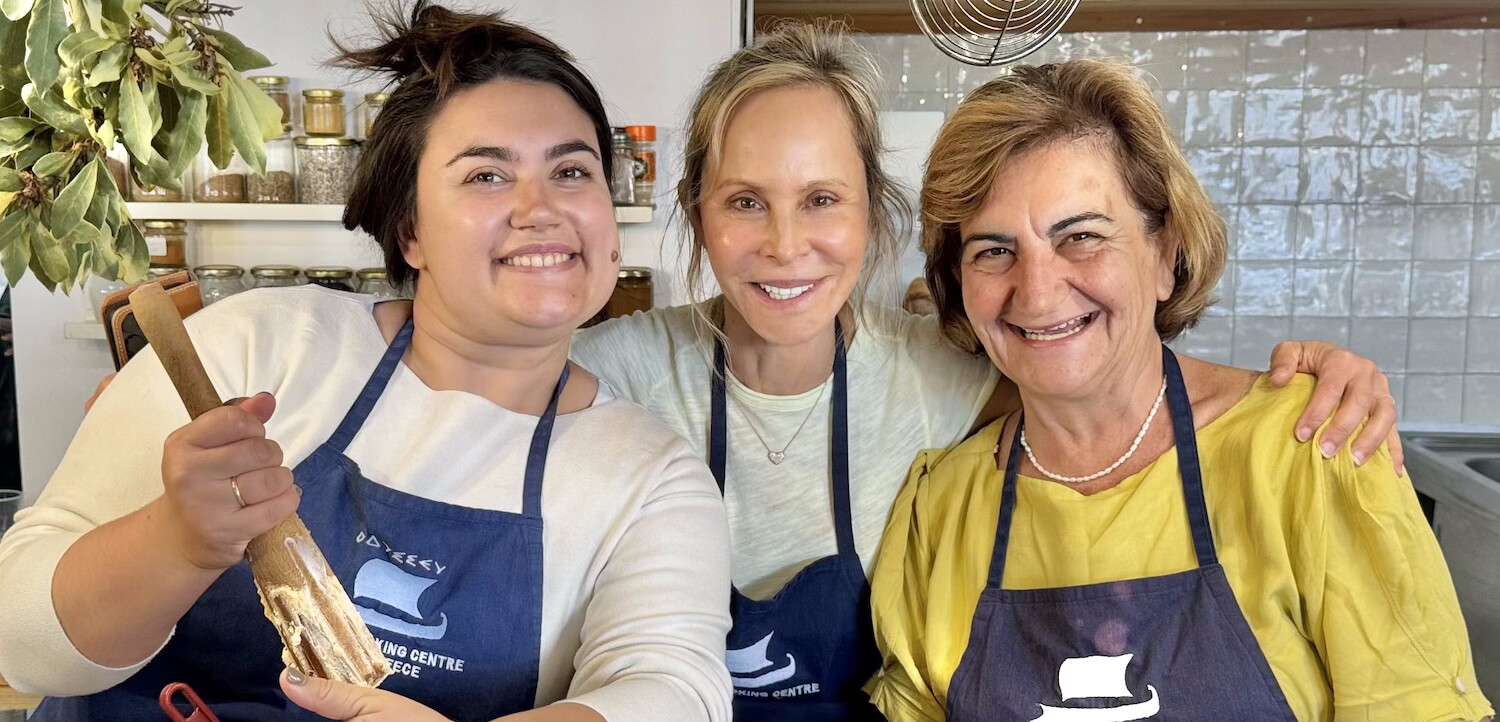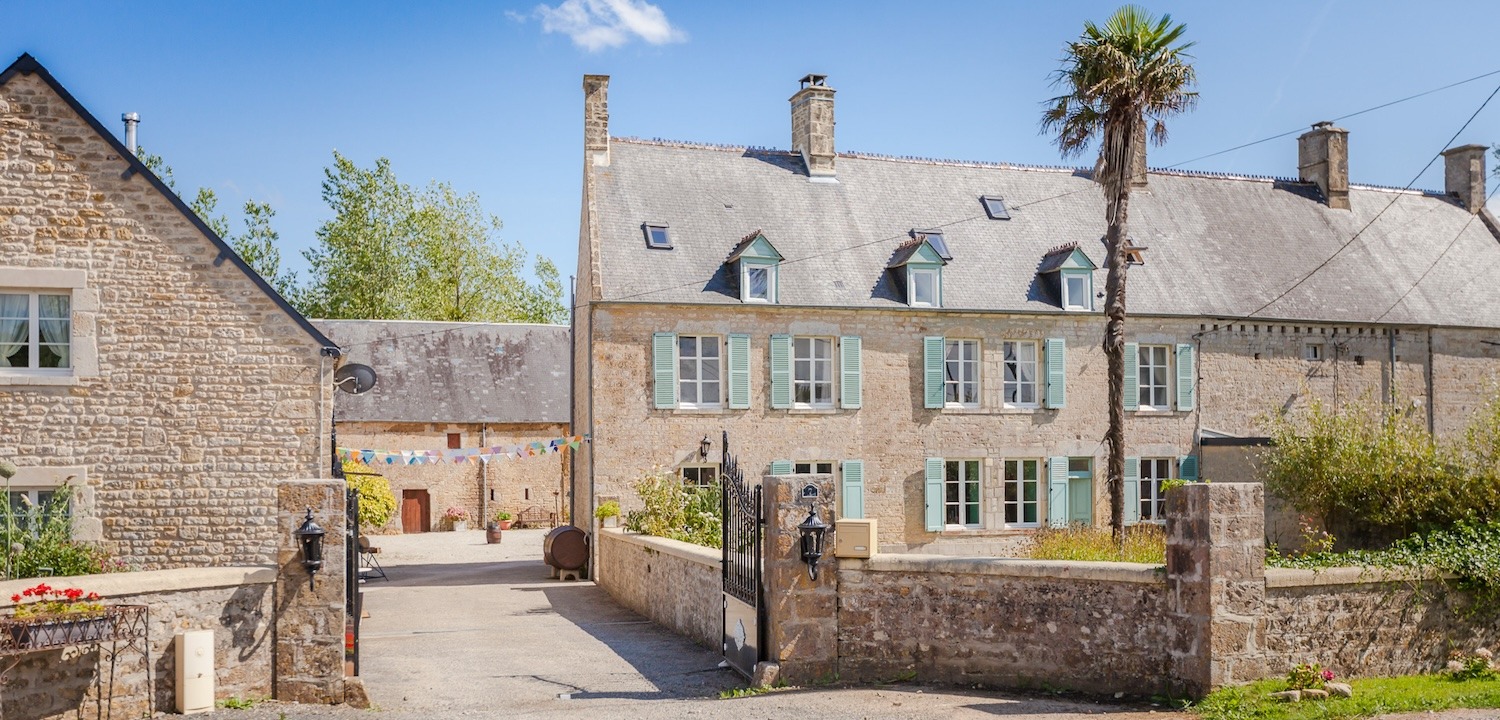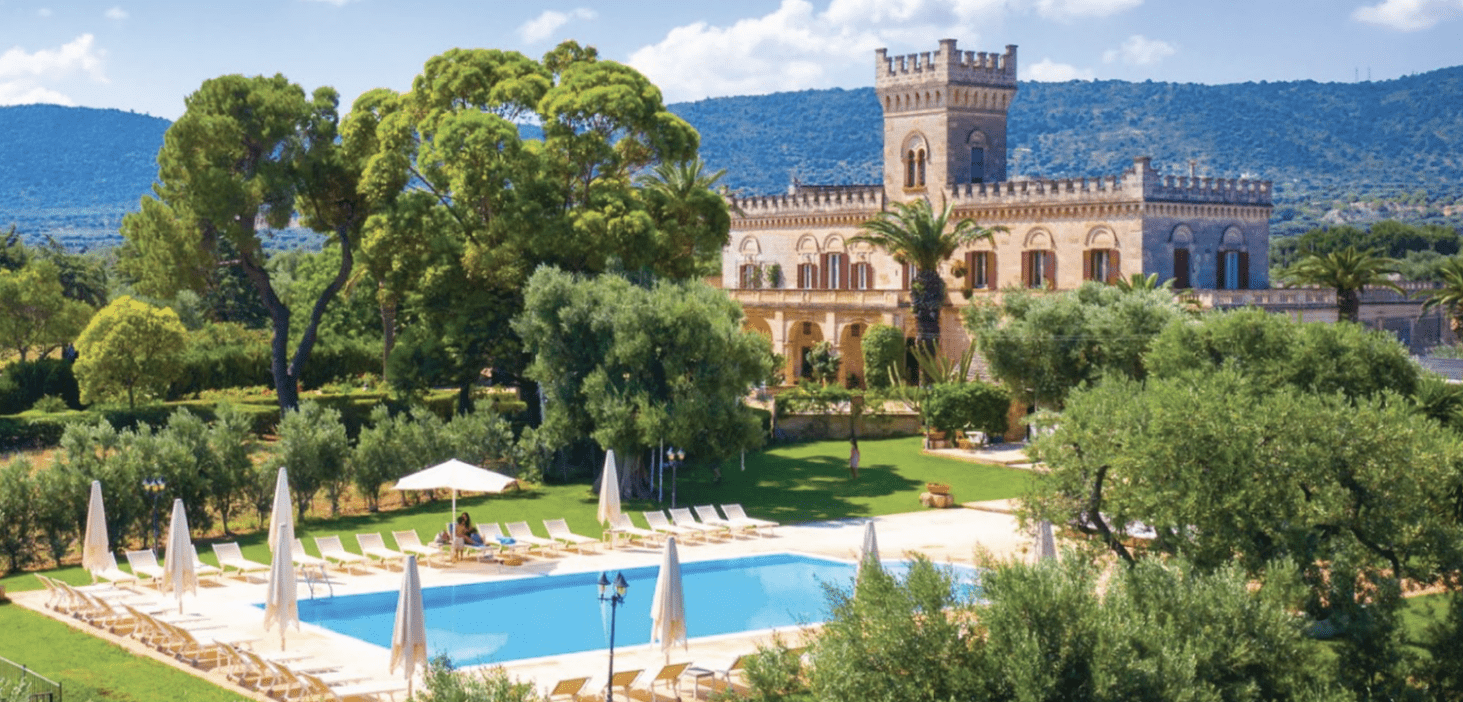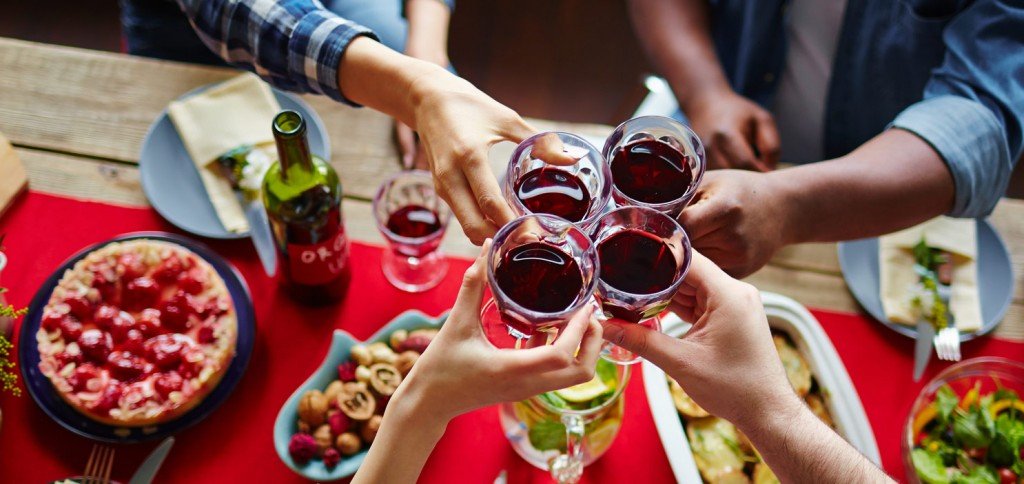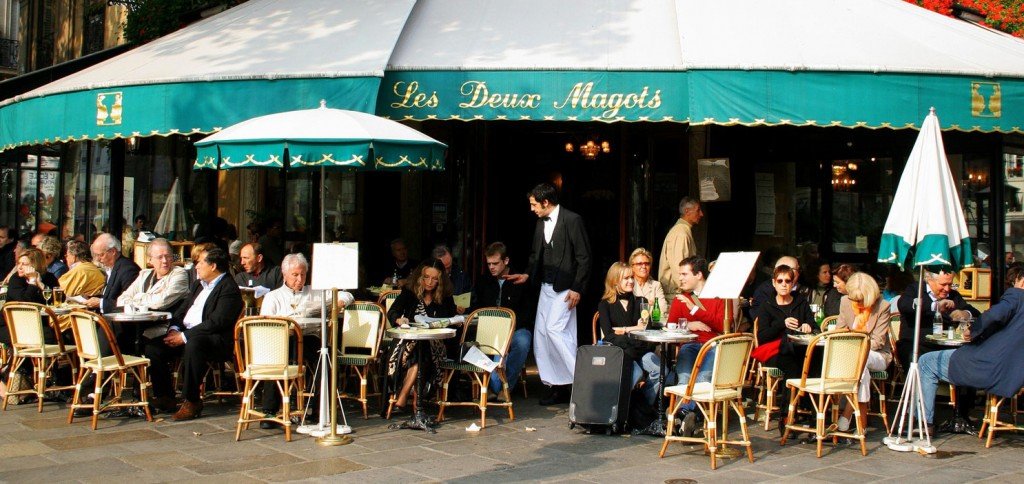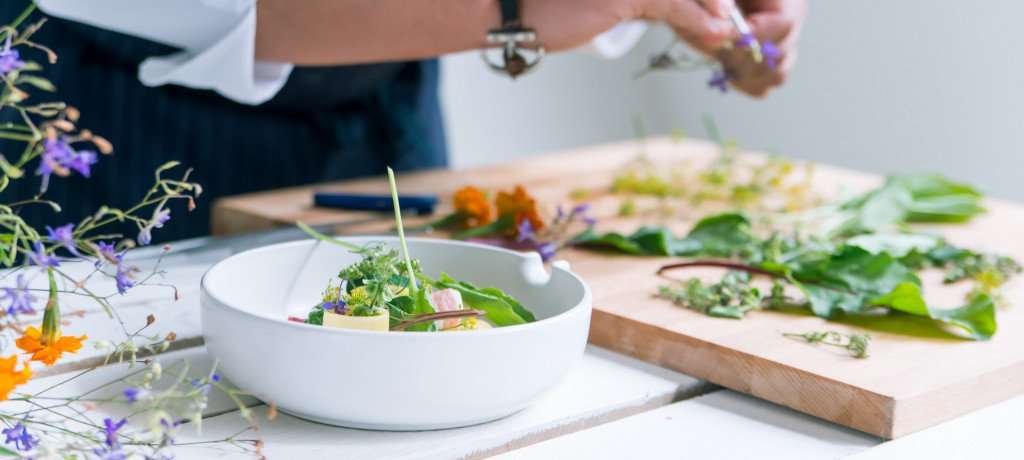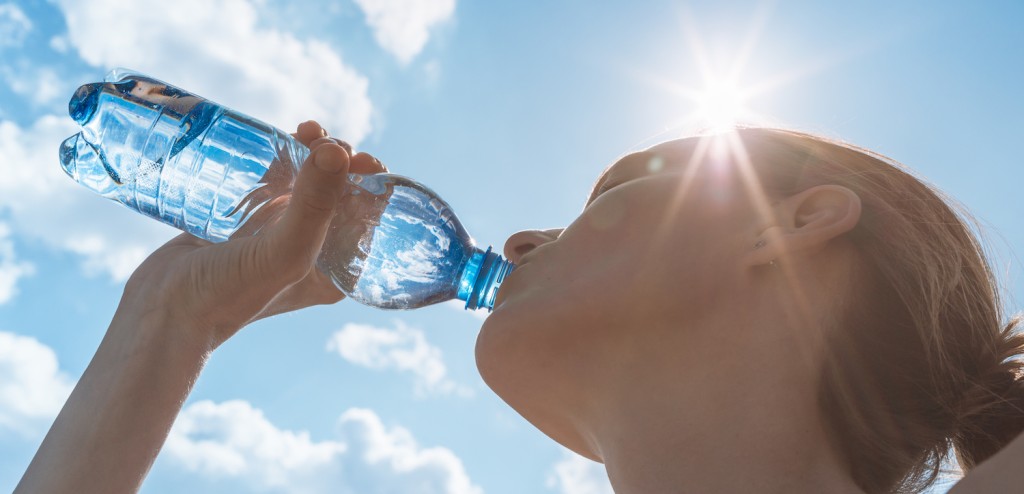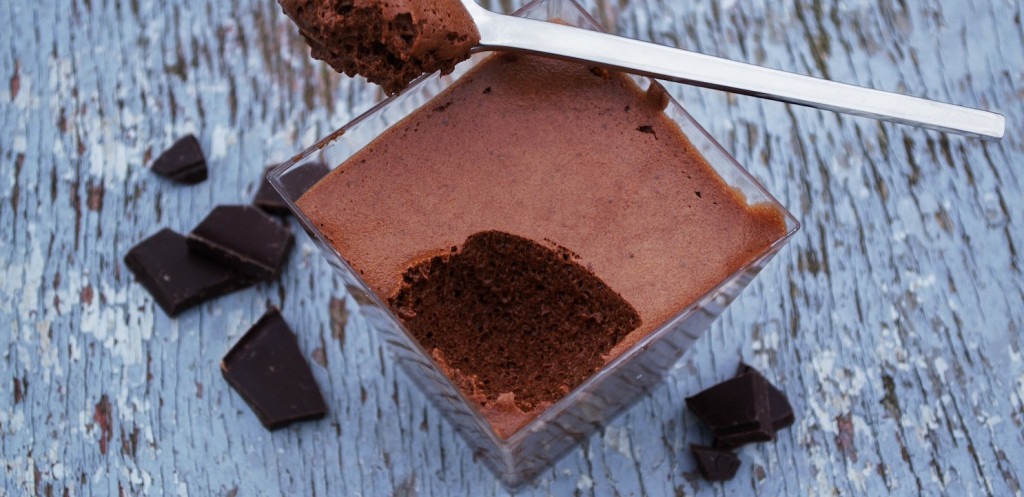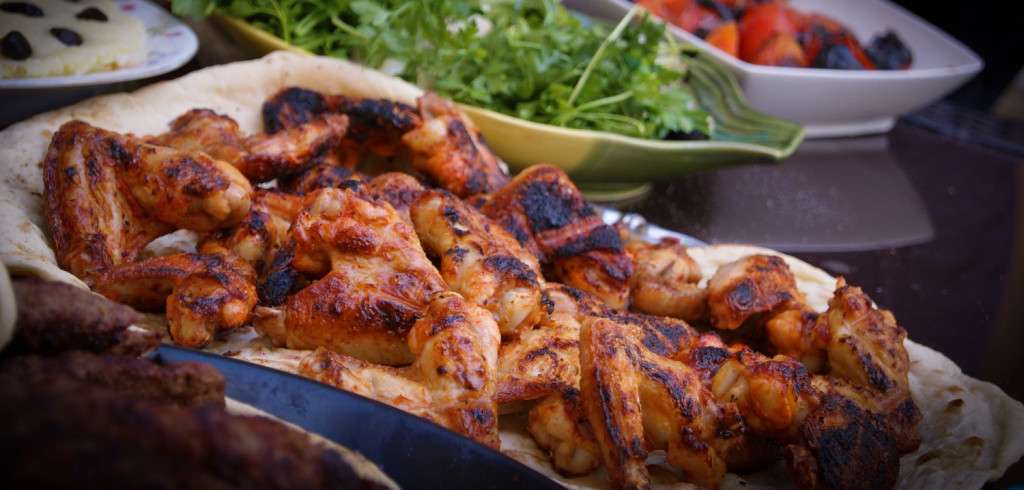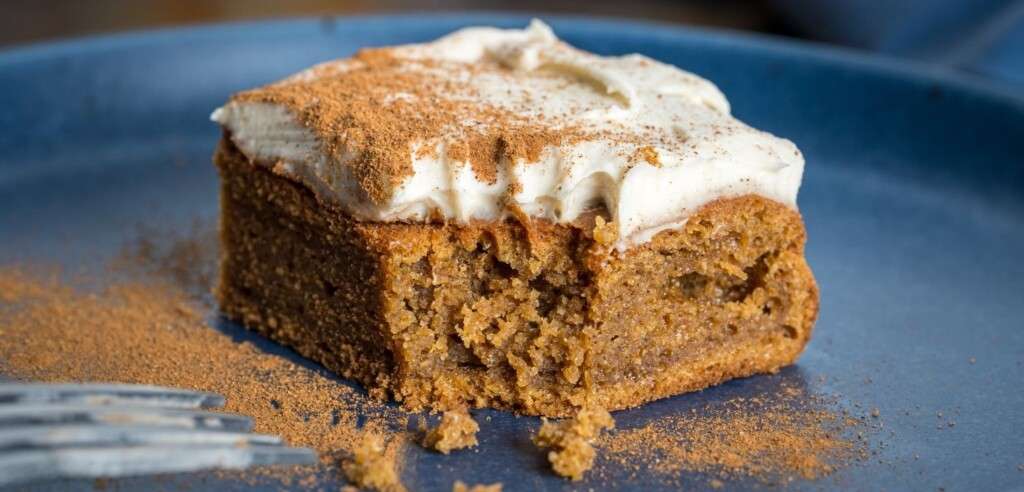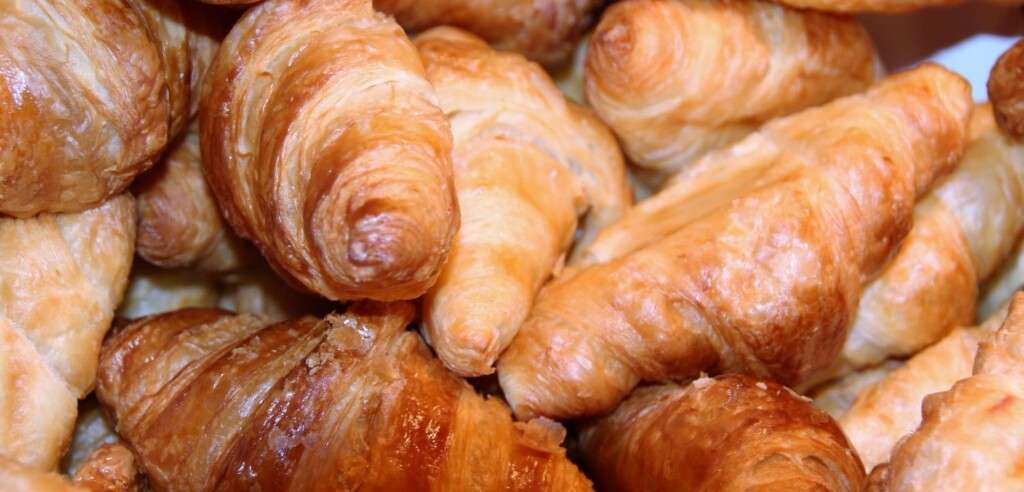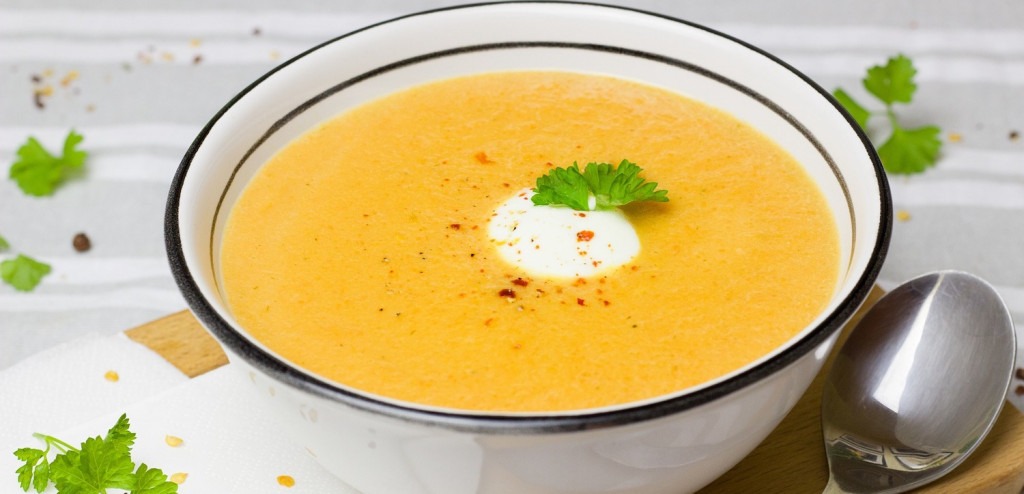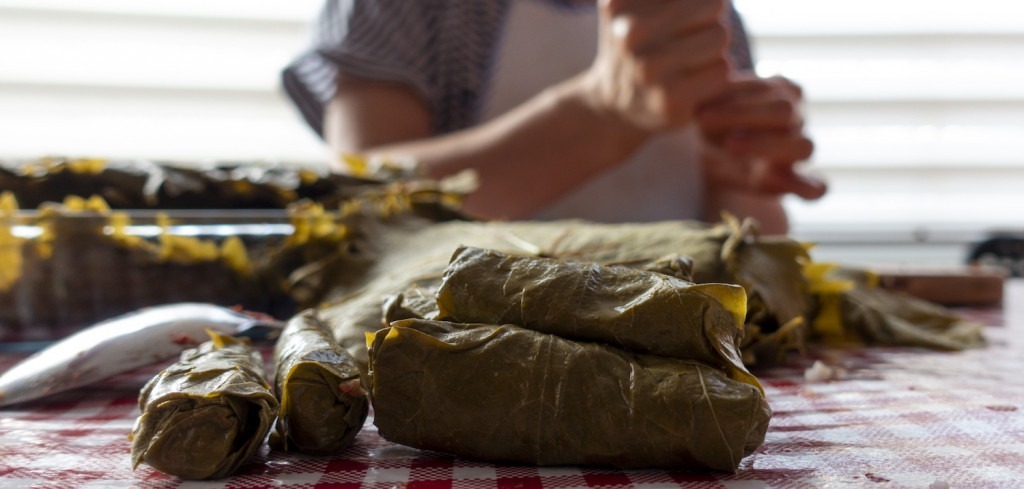
- The International Kitchen
- Blog
- Types of Cocktails & Mixed Drinks
Types of Cocktails & Mixed Drinks
-
-
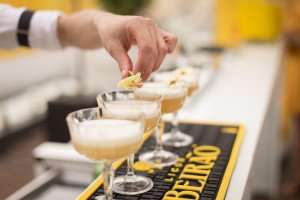 Happy National Cocktail Day! We don’t think one really needs a reason to enjoy a nice cocktail, but we don’t mind having one.
Happy National Cocktail Day! We don’t think one really needs a reason to enjoy a nice cocktail, but we don’t mind having one.
So what exactly is a cocktail? A cocktail is a mixed alcoholic drink that includes one or more spirit and some type of mixer. Not very specific, is it?
cocktail (noun): an alcoholic drink consisting of a spirit or several spirits mixed with other ingredients, such as fruit juice, lemonade, or cream
The New Oxford American Dictionary, 3rd Ed.
There are a lot of different sub-categories of cocktails, however, including: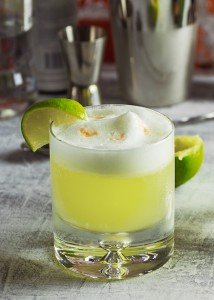
- Highballs
- Duos
- Trios
- Sours
- Punches
- Toddies
- Ancestrals
- Smashes
Check out our favorite Mexican cocktails.
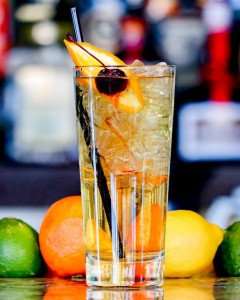
Highballs: The King of Cocktails
The most common of these is the highball, which is the classic cocktail combination of a distilled spirit and a mixer (often with a garnish).
If you need that terminology further defined, a distilled spirit is an alcoholic liquor achieved through distillation. The six classic distilled spirts are rum, tequila, gin, vodka, brandy, and whiskey. “Mixers” are most commonly sodas, fruit juices, liqueurs, milk or cream, or some type of syrup.
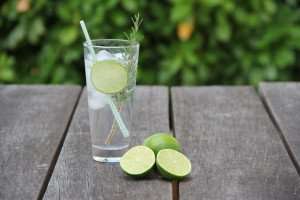 Classic examples of highballs are gin and tonic and rum and coke. In fact, some say that a highball can only use a carbonated mixer, and if it uses a fruit juice mixer it is not a classic highball at all. We think that’s a bit too strict, however, and would consider a cocktail like a screwdriver (vodka and orange juice) a highball. Just be aware that bartenders and mixologists can get very touchy about the terminology and may disagree with us!
Classic examples of highballs are gin and tonic and rum and coke. In fact, some say that a highball can only use a carbonated mixer, and if it uses a fruit juice mixer it is not a classic highball at all. We think that’s a bit too strict, however, and would consider a cocktail like a screwdriver (vodka and orange juice) a highball. Just be aware that bartenders and mixologists can get very touchy about the terminology and may disagree with us!
Another definition of a highball relates to the glass in which it is served: a highball glass. This type of glass is tall (unlike an Old Fashioned glass or a shot glass), is slightly tapered at the bottom (unlike a Collins glass, which is straight up and down), and can hold 8 to 12 fluid ounces.
Try our recipes for Summer Cocktails and New Year’s Eve Cocktails.
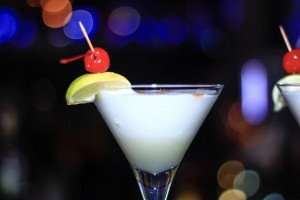 Duos, Trios, and Sours, Oh My!
Duos, Trios, and Sours, Oh My!
The “duo,” on the other hand, is a cocktail with a distilled spirit and a liqueur. Think of the classic Martini (gin and vermouth), or a Black Russian (Vodka and Kahlúa). A “trio,” as you might imagine, is a duo with an added mixer, usually something creamy. Thus the Black Russian, with cream added, is a trio called the White Russian!
Explore cocktails made with cognac and armagnac.
A sour, as you might expect, employs the use of a citrus like lemon or lime (or sometimes grapefruit or orange, although there seems to be some debate about that as well among those who take cocktail classifications très seriously). Some of our favorite examples of sours are the Margarita, the Daiquiri, the Pisco Sour, and the Whiskey Sour.
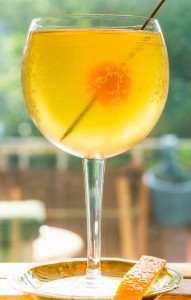 Other Cocktails
Other Cocktails
Of course, we haven’t even touched upon punches, toddies, ancestrals, smashes, or spritzes…
In short order, punches are made in large batches and usually have five ingredients: spirit(s), sugar, water, spice, citrus.
Toddies (or Hot Toddies) are hot drinks made with a spirit (usually whiskey or rum), water, honey or sugar, and spices. It can also include citrus (usually lemon).
Check out a classic piña colada recipe!
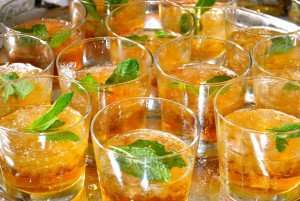 Ancestrals are the original, early 19th-century cocktails, and are made with a spirit, a bit of sugar or something sweet, ice (or sometimes water), and bitters. The classic example is the Old Fashioned.
Ancestrals are the original, early 19th-century cocktails, and are made with a spirit, a bit of sugar or something sweet, ice (or sometimes water), and bitters. The classic example is the Old Fashioned.
Smashes are characterized by the presence of an herb that needs to be smashed (usually mint), along with sugar and ice. The obvious example is the Mint Julep.
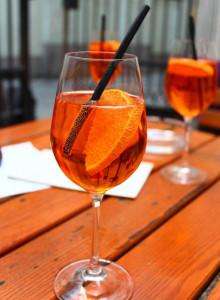 We’ll mention spritzes as well, as they are a favorite at TIK. However, they are a wine cocktail, meaning that their base alcohol is a type of wine and not a distilled spirit at all. For this reason some would leave them off the list of cocktails. Spritzes usually employ a sparkling wine, a bitter liqueur, and soda water.
We’ll mention spritzes as well, as they are a favorite at TIK. However, they are a wine cocktail, meaning that their base alcohol is a type of wine and not a distilled spirit at all. For this reason some would leave them off the list of cocktails. Spritzes usually employ a sparkling wine, a bitter liqueur, and soda water.
Learn more about wine cocktails.
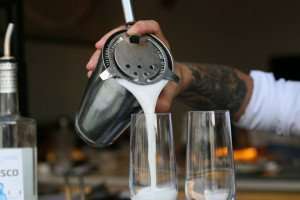 Other classic terms to know when talking cocktails relate to how the drink is served. “Up” (or “straight up”) means the cocktail was made with ice in a cocktail shaker (either shaken or stirred), but that the ice was then strained out. This is how our own Richard Davis prefers his margaritas to be served. “Neat,” on the other hand, is when the alcohol is served by itself without ice or water, usually in a lowball glass. This is how I used to order my whiskey back in my misspent youth. “On the rocks,” of course, is served with ice.
Other classic terms to know when talking cocktails relate to how the drink is served. “Up” (or “straight up”) means the cocktail was made with ice in a cocktail shaker (either shaken or stirred), but that the ice was then strained out. This is how our own Richard Davis prefers his margaritas to be served. “Neat,” on the other hand, is when the alcohol is served by itself without ice or water, usually in a lowball glass. This is how I used to order my whiskey back in my misspent youth. “On the rocks,” of course, is served with ice.
What are your favorite cocktails? Do you go for highballs or ancestrals? Trios or punches? Whatever your preferences, you can enjoy amazing cocktails during any of our culinary vacations and foodie tours!
Sign up to Receive Our Newsletter
As well as travel tips, promotions, and information on our best cooking vacations.
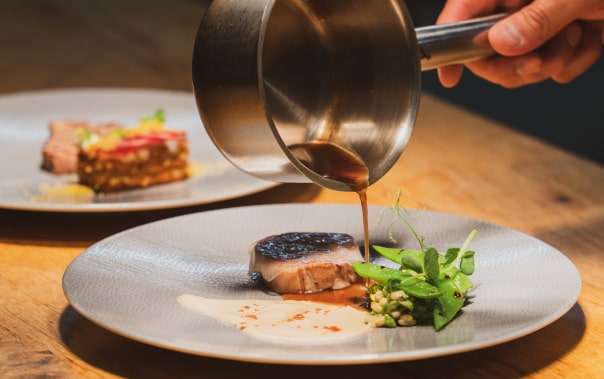
blog
Related Blog Posts
recipes

